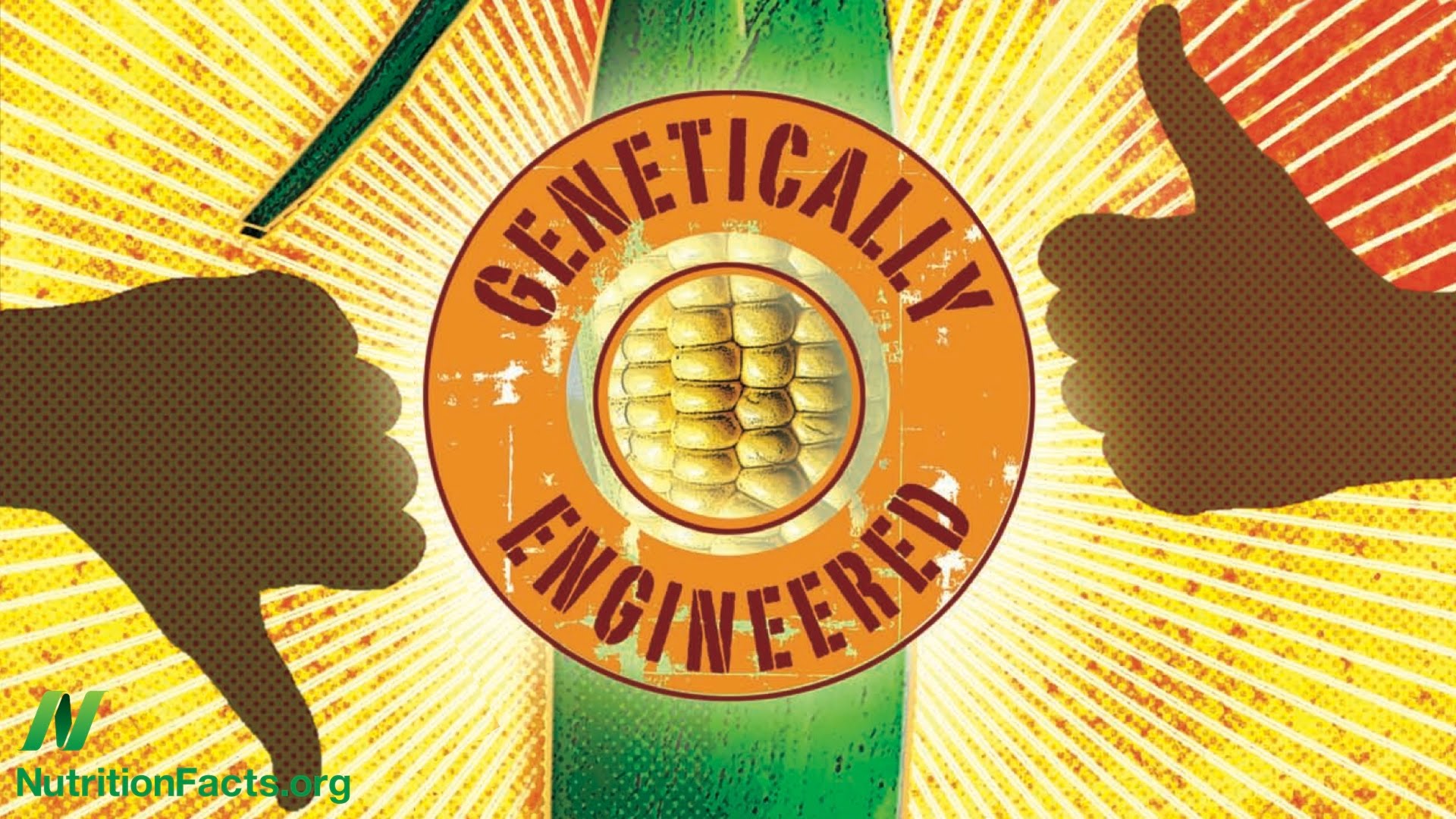Ignoring all of the various associations linked to GMOs and looking directly at the acronym itself, you’re left with plain old “genetically modified organisms,” which altogether sound like terrifying entities straight out of the depths of science fiction horror.
It’s no surprise then that in 2014, only 37 percent of adults in the United States believed genetically modified foods were safe for consumption, according to a Pew Research Center study. And if you listen to some proponents for organic, all-natural products, it’s easy to assume that these GMOs are harbingers of doom; symbols of humankind’s overextension into the manipulation of natural forces that ought to be untouchable.
From alleged increased risks of poisoning and allergic reactions to increased risks of cancer and other diseases, GMOs have been linked to almost every worst-case scenario and then some. However, the seemingly catastrophic environmental and health effects that have been assumed to accompany GMO use and consumption have been thoroughly debunked in recent years.
As recently as May, the National Academies of Sciences, Engineering and Medicine — which are private, nonprofit organizations set up by Congress to give advice on issues related to science, technology and medicine — published an almost 400-page report on GMOs. In total, the study details how genetically modified organisms don’t harm the environment and are safe for public consumption. In all these years, there has never been a single confirmed case of a negative human health outcome resulting from GMO consumption, and GMOs may help to sustain biodiversity.
The truth is that every year, 3.1 million children die due to malnutrition or starvation, according to the World Food Programme. And right now, we have an opportunity to profoundly decrease the incidence of those deaths. Ethically, we have a responsibility to use our agricultural and technological prowess to help those in need. Considering the heaps of scientific data and health statistics detailing the safety of GMO consumption, we should be mobilizing toward increasing their proliferation not just as foods for the needy, but as crop products generalized for mass consumption.
For a millennium, humans have manipulated agricultural reproduction, and today’s genetic modification of crops is no different; these newfound gene sequence-editing techniques are simply expansions and accelerations of preexisting agricultural practices.
While I believe that GMOs should be more readily accepted into consumer diets, that is not to say that their production should not be subjected to the same Food and Drug Administration regulations over product safety and quality control. These GMOs, like their sometimes erroneously proclaimed “organic” brethren, deserve unique regulations befitting their gene-editing process of production. But they should not be unnecessarily impeded from entering consumer marketplaces. Further GMO labeling should be present for consumer protection so they may know what they’re purchasing.
In the end, a change of culture for food preservation and GMO perception, accelerated by a growth in understanding genetically modified foods, may save millions of lives and could help rectify our ever-looming backyard Malthusian catastrophe.
Max An is a senior physiology and neurobiology major. He can be reached at maxandbk@gmail.com.



